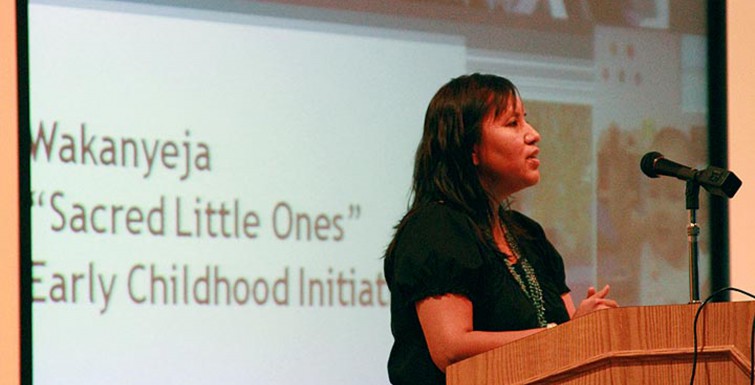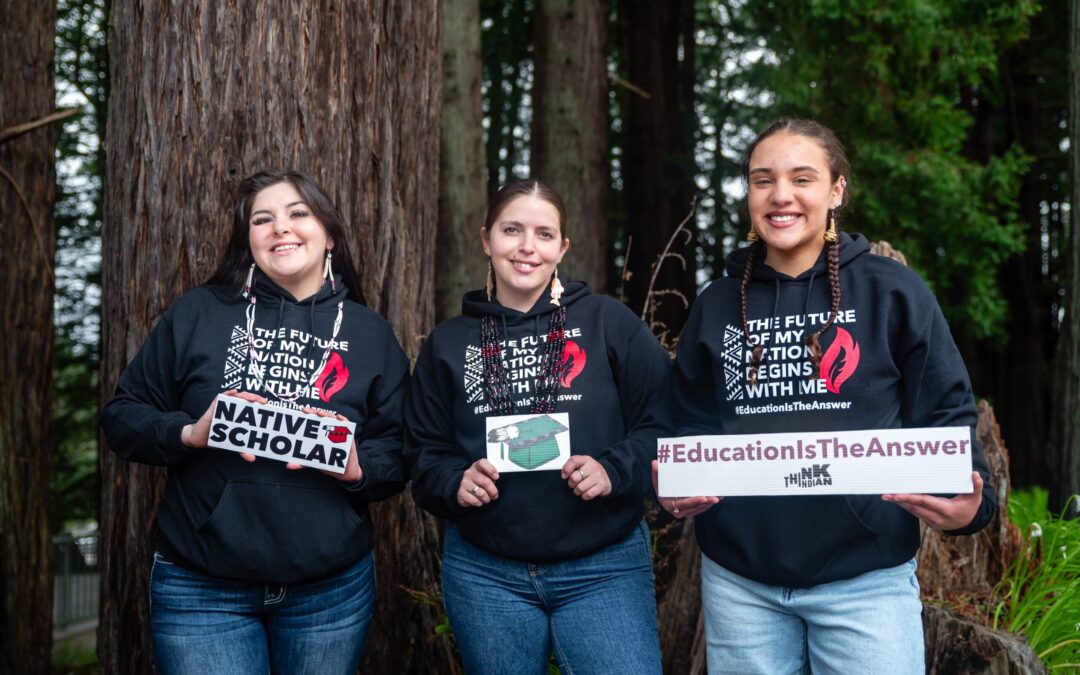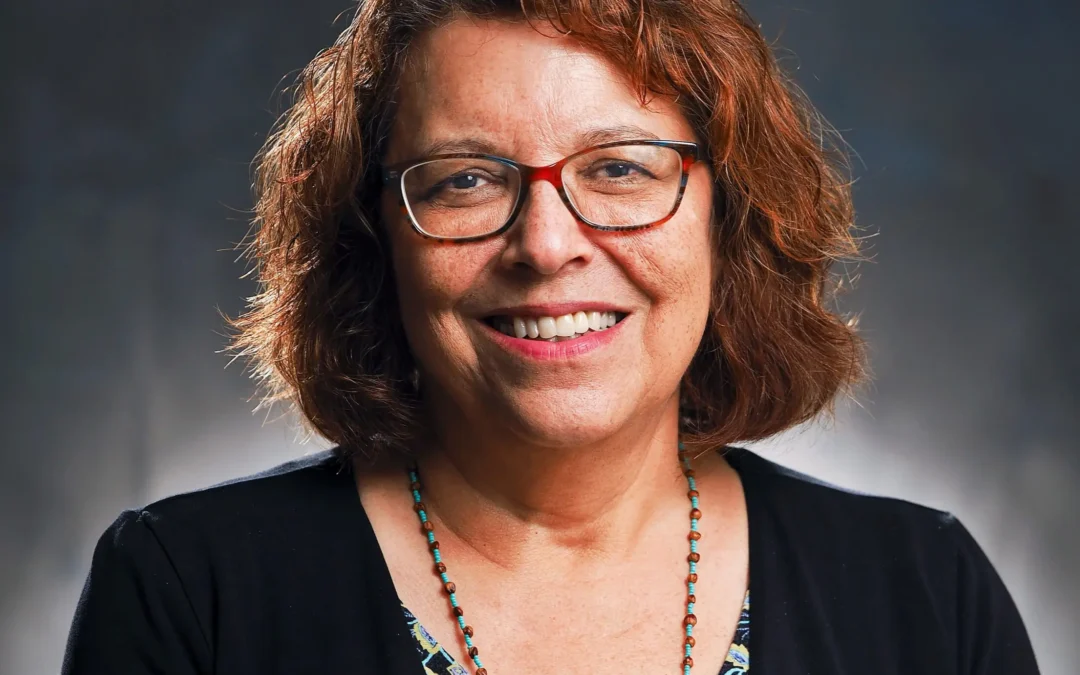The American Indian College Fund’s Wakanyeja Early Childhood Education Initiative project director at Southwestern Indian Polytechnic Institute, Danielle Lansing, will be presenting a research poster at the Native Children’s Research Exchange (NCRE) at CU-Denver this week.
Research posters are a common way to present research projects/inquiry at research conference venues. The idea behind the research poster is to highlight key ideas and findings and to foster or engage in a 1-1 dialogue about the work. The conference audience may ‘travel’ around the presentation space and visit with presenters, asking questions, learning more about the work. Some researchers will begin by presenting a research poster, then take the ideas and feedback to inform revision of the presentation. A goal may be developing the presentation into a manuscript, which can also be presented at national conferences as a “paper presentation.” From this point, a conference paper can develop into a manuscript for peer-review and then publication.
The Native Children’s Research Exchange brings together over 150 researchers in the fields of psychology, mental health, family studies, and early childhood. Some government agencies send representatives. Most of the researchers’ work focus on child and adolescent development among American Indian and Alaska Native communities. It’s a great space for emergent and experienced scholars of child development to gather and contribute to the growing field of Native studies of child development.
To learn more about NCRE, visit the website: http://www.ucdenver.edu/academics/colleges/PublicHealth/research/centers/CAIANH/ncre/Pages/ncre.aspx









